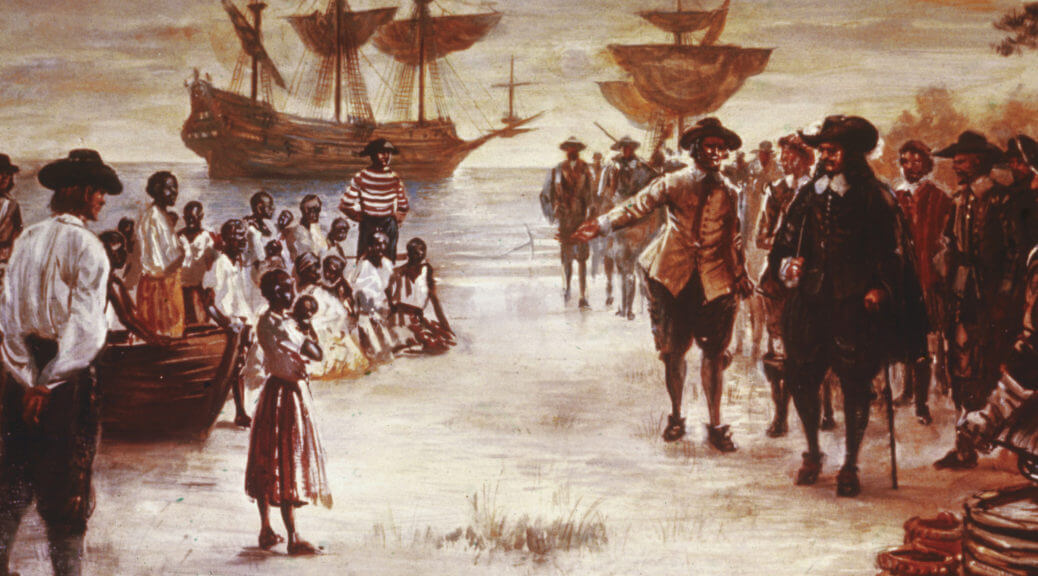
Today’s guest is Thomas Hazlett, former chief economist of the FCC and author of The Political Spectrum: The Tumultuous Liberation of Wireless Technology, from Herbert Hoover to the Smartphone. Perceptive listeners may recall that Ed Lopez mentioned Hazlett’s work in our interview on political change.
Hazlett’s work concerns the legal institutions surrounding the radio spectrum.
Popular legend has it that before the Federal Radio Commission was established in 1927, the radio spectrum was in chaos, with broadcasting stations blasting powerful signals to drown out rivals. In this fascinating and entertaining history, Thomas Winslow Hazlett, a distinguished scholar in law and economics, debunks the idea that the U.S. government stepped in to impose necessary order. Instead, regulators blocked competition at the behest of incumbent interests and, for nearly a century, have suppressed innovation while quashing out-of-the-mainstream viewpoints.
Hazlett details how spectrum officials produced a “vast wasteland” that they publicly criticized but privately protected. The story twists and turns, as farsighted visionaries—and the march of science—rise to challenge the old regime. Over decades, reforms to liberate the radio spectrum have generated explosive progress, ushering in the “smartphone revolution,” ubiquitous social media, and the amazing wireless world now emerging. Still, the author argues, the battle is not even half won.
Subscribe to Economics Detective Radio on iTunes, Android, or Stitcher.
The post Radio Spectrum and Property Rights with Thomas Hazlett appeared first on The Economics Detective.



